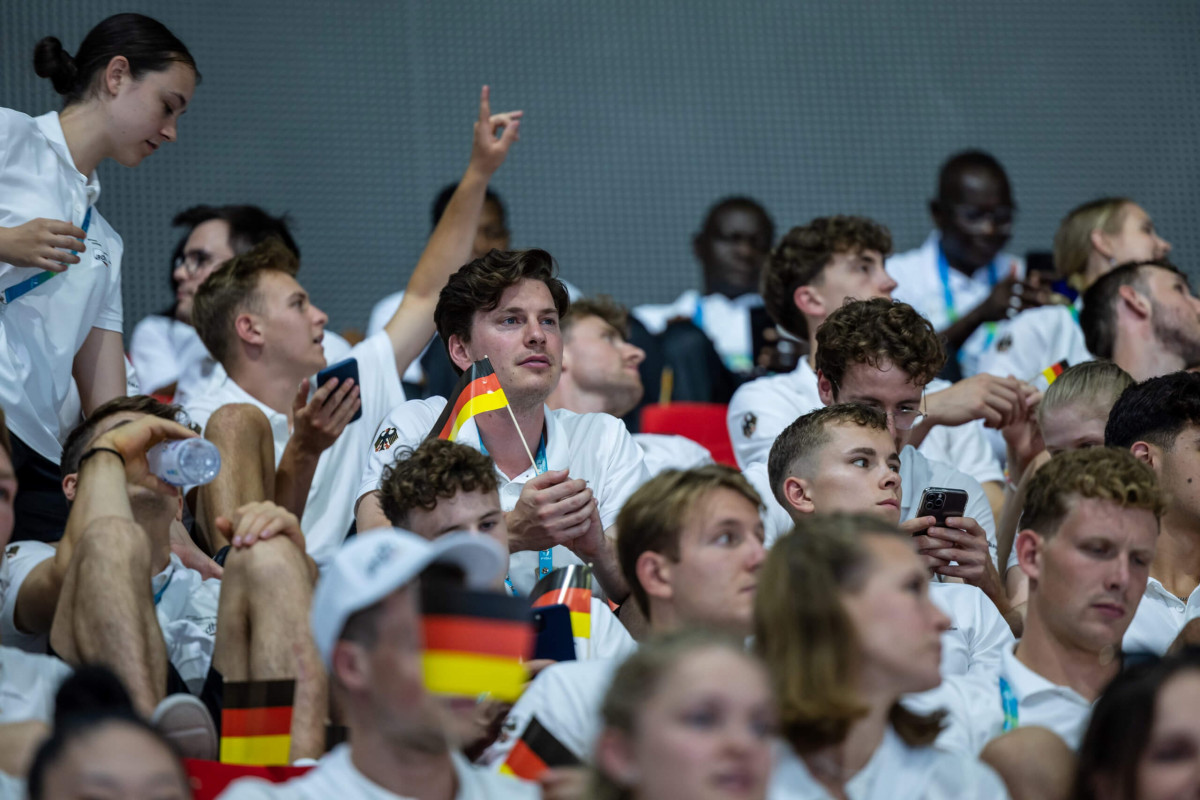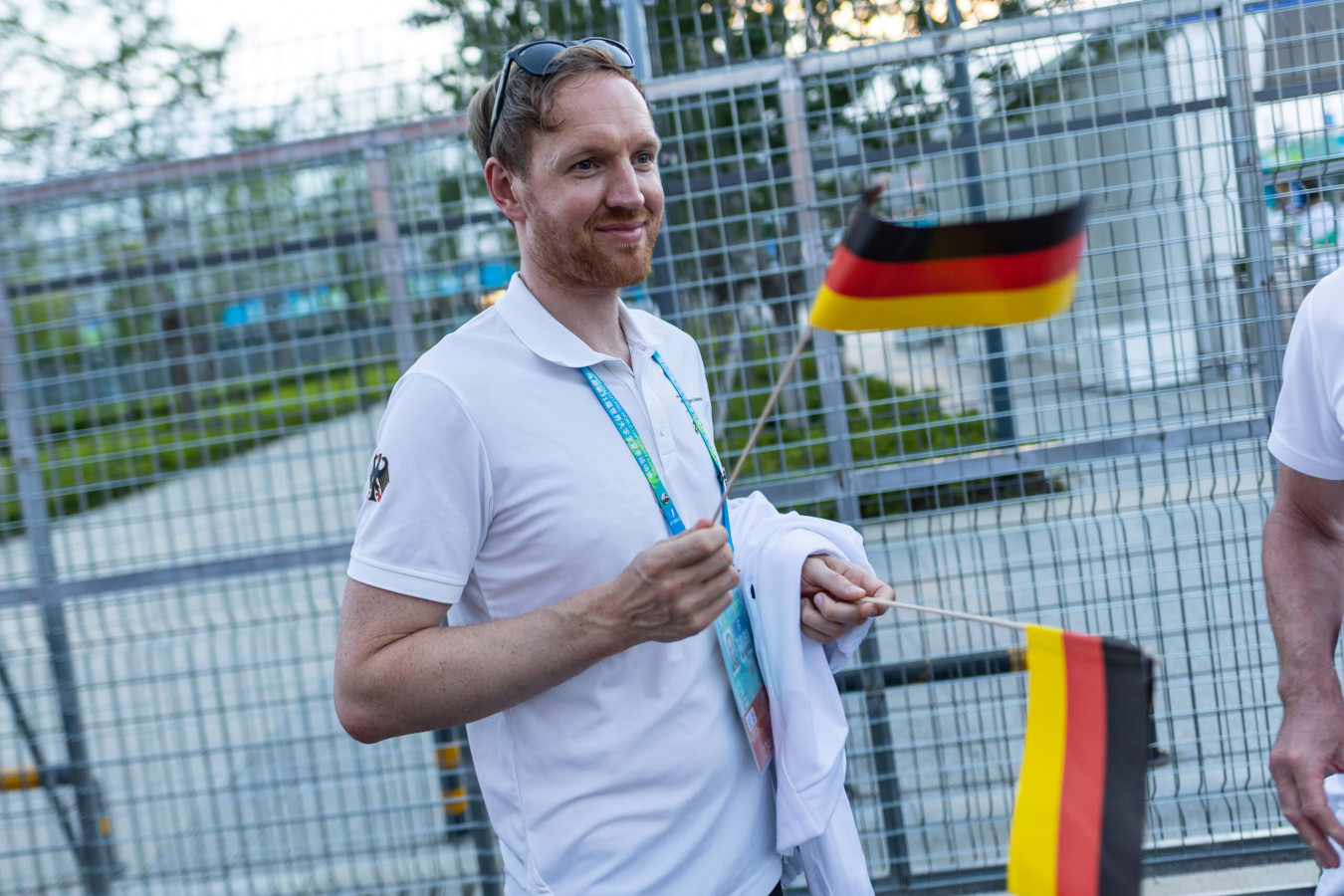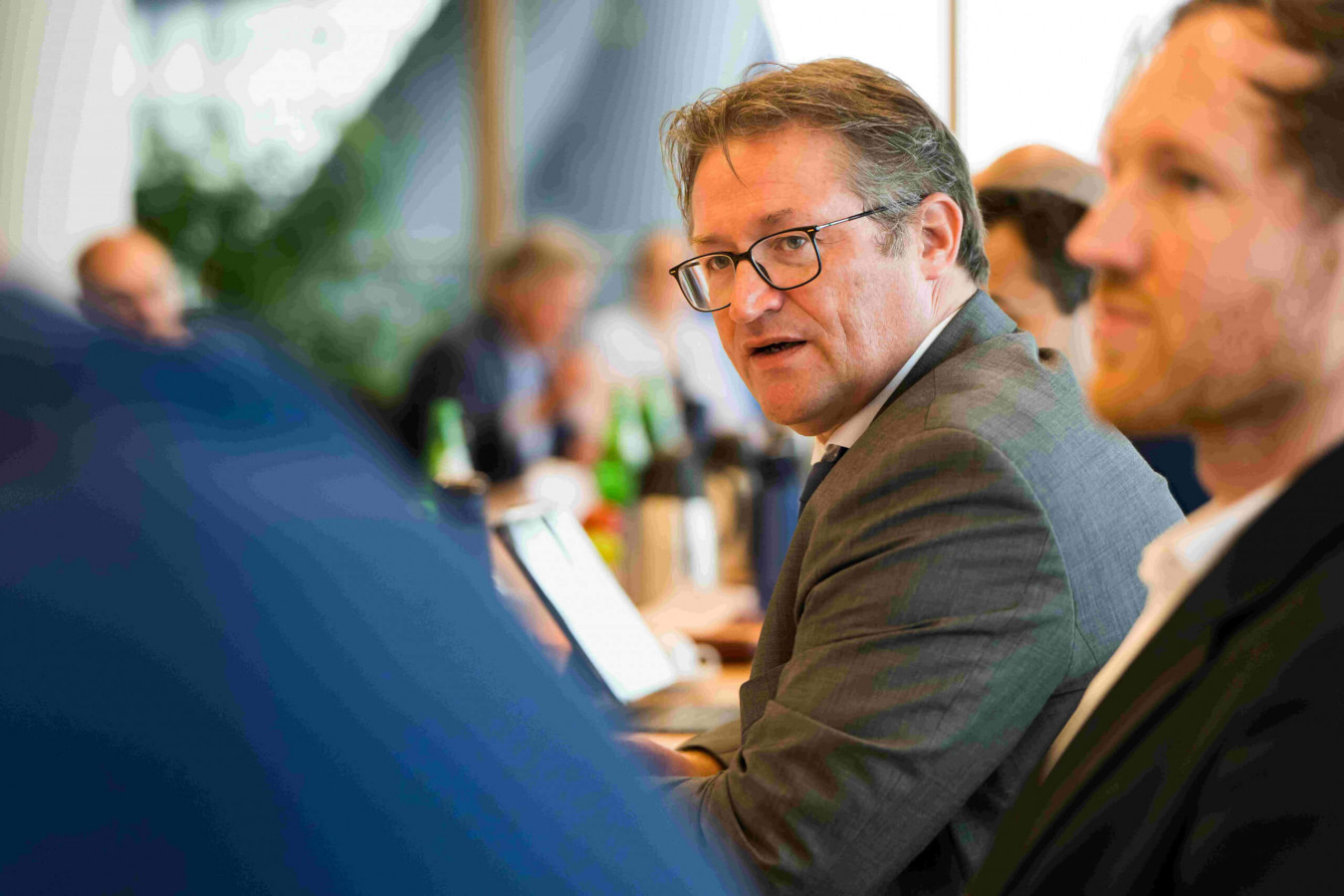Student-athletes on Olympic Team
The lighting of the Olympic flame in Paris last Friday marked the opening of the Summer Olympics, the largest multi-sport event in the world. Numerous top student-athletes and graduates are hunting for medals in TeamD. At least 50% of the athletes have an academic background in the form of a current enrolment or a successfully completed degree.
Studying and elite sport can be successfully combined
The high proportion of students and graduates in Germany's 2024* Olympic team impressively underlines the fact that studying and top-level sport can be successfully combined," says adh Secretary General Benjamin Schenk, emphasising the importance of the "Partner University of Elite Sport" (in German - „Partnerhochschule des Spitzensports“) network, which has been successfully promoting the optimal compatibility of studying and professional sport for 25 years.
Around 1,200 student athletes at 116 universities across Germany currently benefit from this network, which compensates for specific disadvantages and enables students to successfully complete their academic education despite the high time demands of elite sport.
University sport as a link between universities and the elite sports system
‘Since the ‘Partner University of Elite Sport’ network was founded, support services for the compatibility of studying and elite sport have continuously improved. The participation of the adh and the universities in the EU ERASMUS+ sport projects has also contributed to this,’ explains adh Chair of the Board Jörg Förster.
In order to further optimise the framework conditions for studying and elite sport, Förster demands: ’The role of university sport as a link between universities and the elite sport system must be further strengthened and permanently ensured through sustainable structures, also in financial terms. Only in this way can we, together with our partners, continue to improve the opportunities for reconciling studies and elite sport in view of the increasing number of elite athletes whose goal is an academic education.’
In addition to further improving the conditions for individualised dual careers during studies, Prof. Dr Ilka Seidel, who is responsible for the ‘Dual Career’ area of work in the DOSB's Competitive Sports division, sees further potential for development: in addition to the tasks already addressed in the DOSB's 10-point programme on dual careers, there is clear room for development in the early and careful preparation and support of top athletes during the transition from the active to the post-active period.
For Seidel, the career counsellors at the Olympic Training Centres play a key role here, as they are the career advisors for the athletes over many years and development stages of their competitive sporting career. In order to strengthen the system of links between elite sport and studies in the long term, the adh, OSP career counsellors and the DOSB should work together to leverage the potential for the benefit of the athletes.


